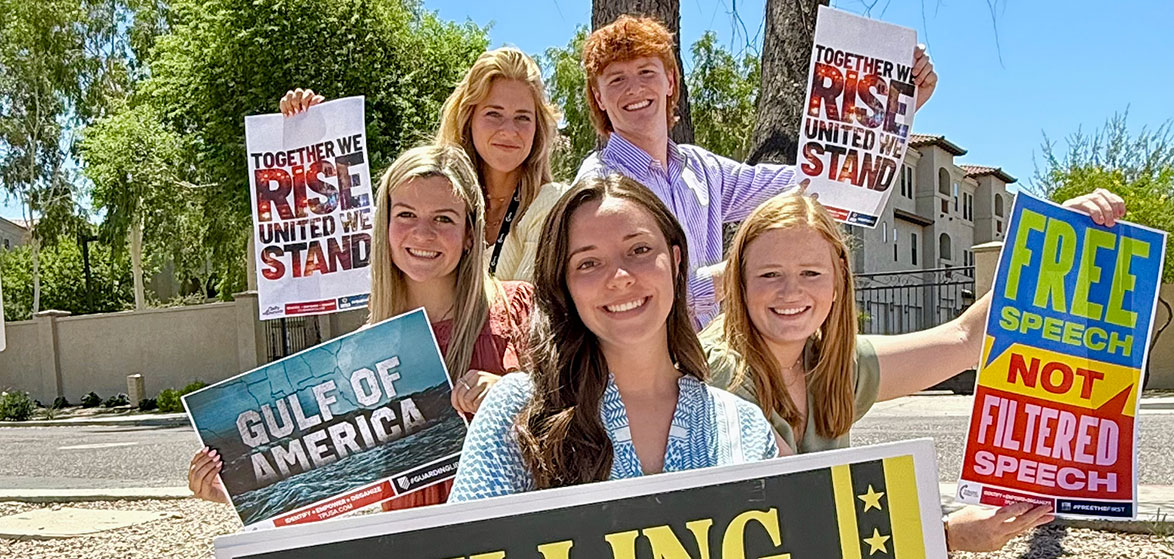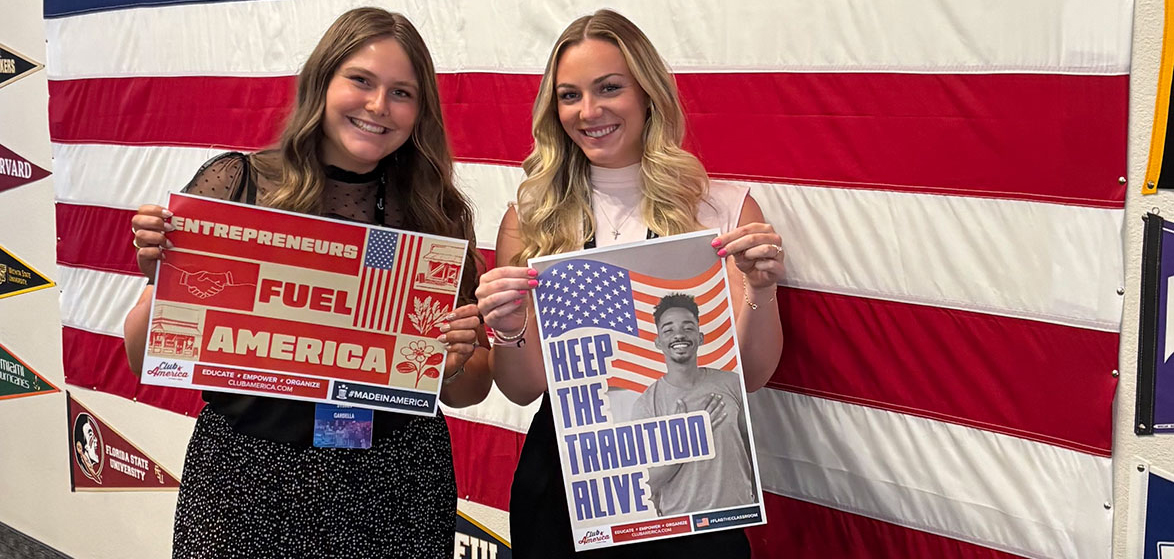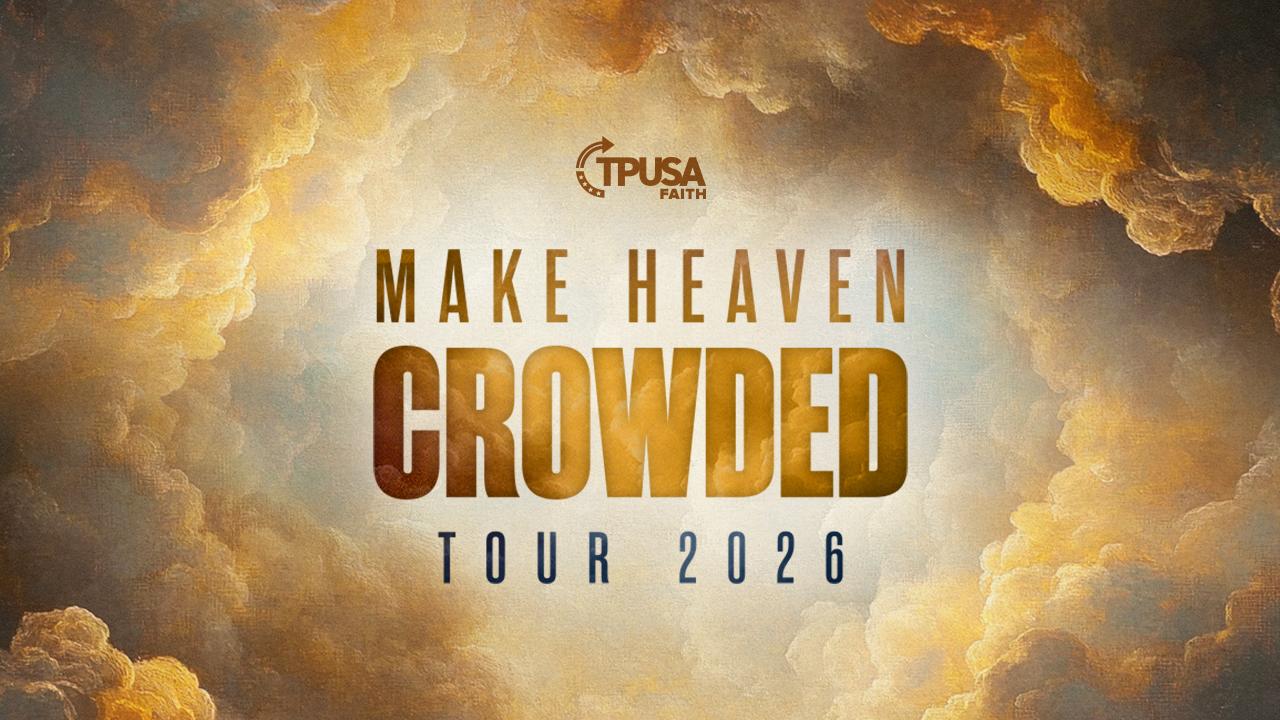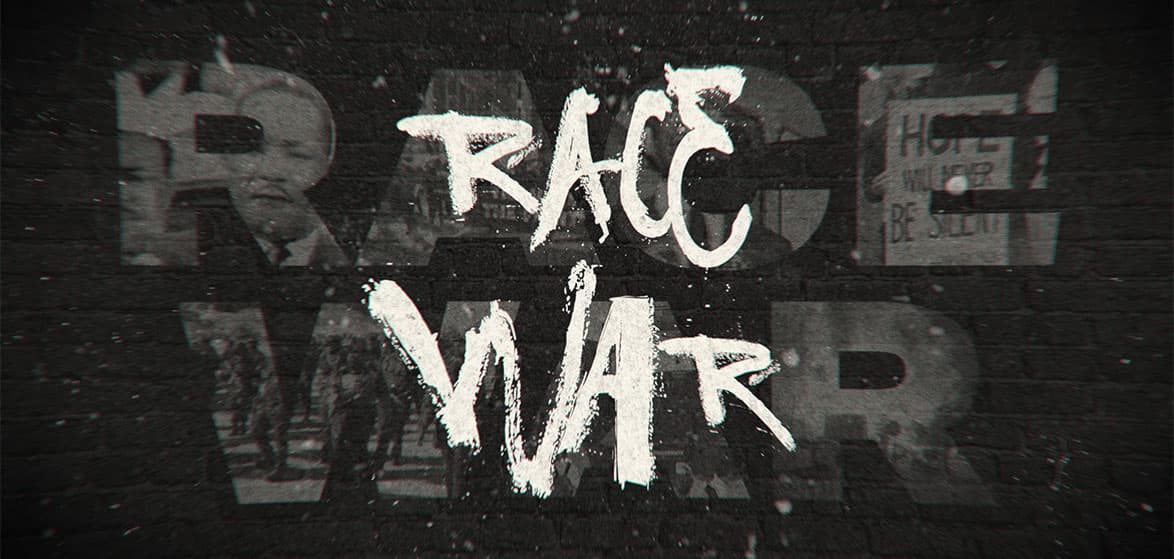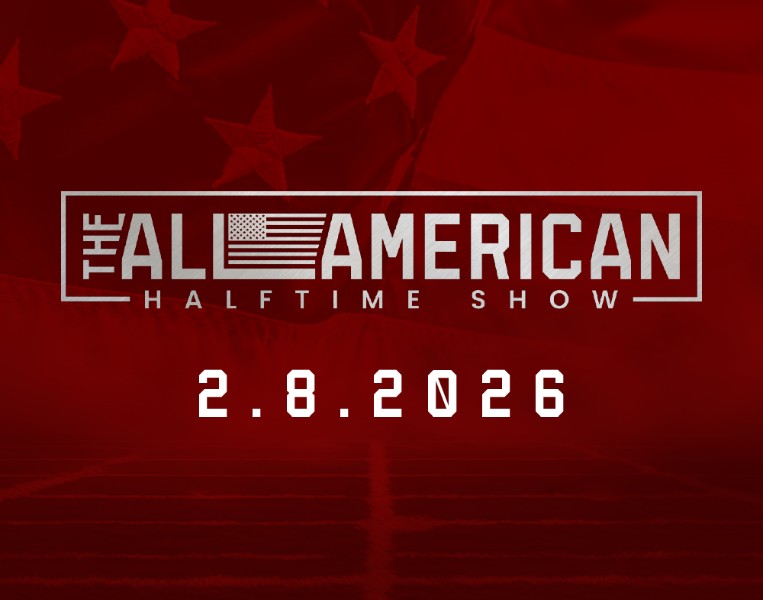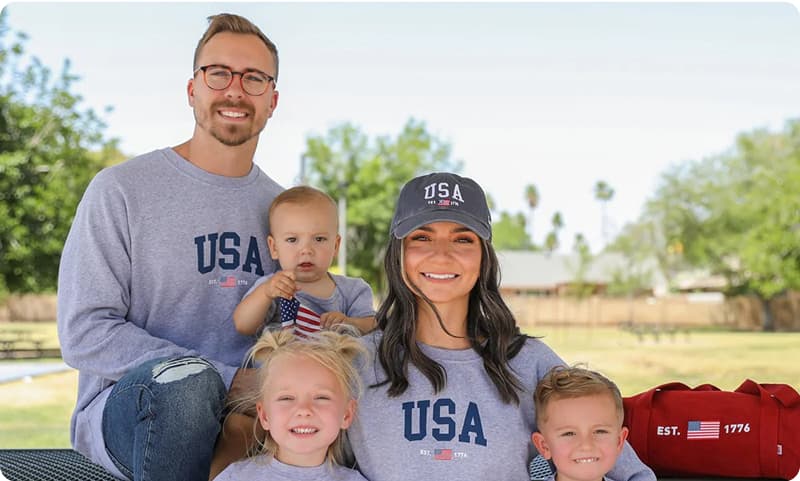
Major United States airlines like United, Delta, and Southwest have all lowered their hiring standards for pilots in one way or another. While some say this could only lead to disaster, others argue that lowering the standards is a way to keep the industry above water, as pilot’s unions for regional airlines continue to raise hourly pay amid worker shortages.
Following multiple near-collisions of United flights and other jet airliners, skeptics are left wondering whether or not this is due to United Airlines’ recent commitment to hiring based on diversity standards.
“United said it plans to train 5,000 pilots in its flight academy by 2030 and aims for half of those students to be women or people of color.”
CNBC
United Airlines’ in-house flight school, Aviate, takes students with no flight experience all the way through to commercial licenses, often setting them on a path to fly with a regional airlines affiliated with United, and eventually, a right seat as a first officer on United flights.
Fox News host Tucker Carlson blasted airlines and air traffic controllers for allegedly lowering hiring standards, stating, “This is what happens when you decide that identity is more important than aptitude in something critical like aviation. At some point, many people are going to die because of this.” For context, not one person died from flying on commercial airlines in the U.S. in recent years, in fact, the last fatal U.S. airline crash was in 2009.
The Federal Aviation Administration (FAA) sets numerous flight hour minimums for pilots seeking careers at major airlines, however any requirements beyond federal law are at the discretion of each individual airline. For example, Delta Airlines axed the college requirement for pilots because it does little to aid on the job performance. Additionally, Southwest Airlines recently reduced the turbine engine flight hours needed for new hires. Both changes, though concerning to the public upon first glance, are still in adherence with federal regulations and safety standards.
What is concerning, is when two pilots meet the same requirements on paper, but an airline chooses to hire based on a pre-determined diversity quota rather than skill and ability to quickly respond to in-flight emergencies. Does the race or gender of a pilot really matter more than their ability to get hundreds of people to their destinations safely?
United Airlines claimed that their decision to increase company diversity is simply “expanding opportunity” for certain genders and races, not lowering standards. Prior to this announcement, United Airlines certainly did not hire based on race or gender, and did not show favor to white males — they simply hired based on experience and ability. Using that hiring technique, their company’s roughly 12,000 pilots naturally shifted out to be 7% female, and 13% “people of color” according to CNBC. Logically, if they previously hired based on merit, and now will hire based on race — something has to give.
The role pilots and air traffic controllers play could mean the difference between life and death for hundreds of people. That being said, whoever flies the plane should be the most qualified, not who looks best and most racially diverse on an advertisement to boost the airline’s ESG score.


